The road ahead
In Paris, I learn what treatments lie in store for me, eat too many gluten-free pastries, and unexpectedly find myself meditating on religion.
My first night in Paris I did not sleep. I had arrived in time to have dinner with two dear friends, but once I was alone in my hotel room, the worries flew at me like furies. At six I gave up the battle and got ready to head to the hospital.
All the mechanics of the morning went smoothly. The Metro was uncrowded, the new Metro station at the hospital was spectacular, and my oncologist saw me on time (not too difficult – I was her first patient of the day!). An intern first interviewed me to get the updates on my condition, and then Dr. Leary came in and we switched to English.
Dr. Leary has an impressive ability to maintain an air of optimism while telling unvarnished truths. She confirmed what Dr. D’Hondt had said, that no one goes into remission after taxol. The taxol is to control the disease progression for as long as it controls the disease progression. “Even if we can’t see it on your scan, it’s there. We can tell from your bowels.” (And from the situations of all the unfortunate women who have come before me). She was glad we had just added Avastin, in the hope that will slow progression once taxol stops. (“Slow progression” is the language of ovarian cancer - never a cure, only a hope to slow the progression. Naturally, I hate this expression).
She told me that Mirvetuximab soravtansine (called Elahere in the US) has just been approved here. Finally. If my cancer turns out to be folate receptive, she could use that as the next line of treatment (although the side effects, predictably, are horrific). But only if my cancer is folate receptor alpha positive. Her people will test my tissue samples and have results in two weeks.
“And if I am not folate receptor positive?”
“Then there are trials.”
“And if my cancer doesn’t recur in tumors larger than 1 cm?”
“No trials will admit a patient without tumors larger than 1 cm.”
“And if I don’t have the folate receptors and don’t qualify for trials?”
“Then we try other chemos.” She mentioned two that I had never heard of, one of which is oral. “Taxol,” she reminded me, managing expectations, “is the best we have.”
Responding to the dismay on my face, she reminded me that it’s positive that taxol is working so far.
“But if it’s working, why can’t I go into remission?”
“Just because you’re responding doesn’t mean that it is a complete response.”
There wasn’t really anything left to say. She had told me my three options after taxol. There are no others yet. This, people, is just one personal reason cutting funding for biomedical research is a very, very bad idea.
Numbly, I returned to my hotel room. After updating Tim, I walked to L’Officine, the galerie where my friend Sophie Crumb has an exhibit with the Iranian artist Kian Radpouyan. My response to any difficult news is to move. To walk, to walk, to walk. Alas, the galerie was closed, so I had to resign myself to peeking in the windows. But if you’re in Paris, it’s definitely worth a visit! The galerie reopens tomorrow and the exhibit runs until March 6.
I had been thinking of Montmartre, where Tim and I had our first holiday together in the tiniest little room at the top of the Tim Hotel. I wandered through warrens of Chinese groceries, Persian lunch counters, and Lebanese falafel shops and climbed up to the charming and art-filled streets of what is perhaps my favorite neighborhood in this city. It poured rain all day, but rain has always been a friend.
I walked past the terrace table where Tim and I sat in July 2008 to have a drink before going to the Moulin Rouge. I looked up at our hotel window and remembered reading aloud to him from the hilarious memoir The Sex Lives of Cannibals. I remembered eating nothing but cherries and pastries for days. I remembered that our room didn’t have a tea kettle, so we bought one and dragged it around the country with us.
I write a lot about my grief at the prospect of leaving Theadora, and not enough about the prospect of leaving Tim. This, I believe, is not because I love him any less, but because as an adult he has more emotional and physical resources. I trust in his survival.
I ate lunch at the Comptoir Breizh, where I had the most exquisite galette of my life. And I have had a lot of galettes. The owner was friendly and chatty and seemed to know everyone who came in. He asked me where I was from and where I lived in France and we talked about the countries in which we have lived. A French woman eating nearby joined in the conversation. And people say Parisiens are unfriendly!
Attracted by the cinnamon rolls in the window, I walked into a nearby bakery to ask if they had anything gluten-free, and they said everything was gluten-free. “Really?” I asked in wonder. “Everything?” The bakery is called Copain (copain meaning friend/boyfriend and pain meaning bread) and I bought a cinnamon roll and a loaf of bread and some brioche.
Nearby, I had the best vegan chai latte of my life at The Beans On Fire, where everyone around me was scribbling in a notebook or laptop. The chai lacked sugar or sweet syrups. It was intensely spicy, creamy, and not sweet. Perfect. I began to feel I was having a charmed day (hospital aside).
I climbed up to the Basilica du Sacré-Cœur, simply because it was there and because I am naturally oriented to moving upwards. But before that, I wandered into the neighboring, smaller church, which had spectacular stained-glass windows. And no queues. I then joined the crowds streaming into the Sacré-Coeur.
I did not grow up in a particularly religious household, but my parents were always engaged in a quest for meaning and spirituality in their lives. We attended a local Unitarian church, where the minister played guitar and we sang songs of peace. I sang in the choir and performed Mary in the nativity play. On the Sundays we attended, we kids most looked forward to the after-service, coffee-and-cake hour in the basement, where we ran screeching around the room and chased each other into closets while the adults chatted about self-actualization. It was in a church like this where my parents met, volunteering in the kitchen.
Only in retrospect do I appreciate this gentle, inclusive church, founded on the principles of intellectual freedom and all-encompassing love. It welcomes believers and beliefs from all backgrounds, including atheists, truth-seekers, and the ambivalent. Our minister used bible stories to talk about what it means to be a decent human. Unitarians are taught to believe in universal equality, not to discriminate on the basis of race, sexuality, gender, nationality, or ethnicity. When I asked my mother what God was, having heard a lot about God from my Catholic and Jewish friends, she said, “God is a mystery.” (I’ve spent most of my life wanting to be Jewish, but that is another whole story).
My favorite service of the year was on Christmas Eve, when we all stood in a circle against the walls of the church holding candles, passing the light to each other. We sang as the tapers burned down in our hands. I’ve always loved Christmas carols.
Unitarians often intermarry with people of other religions. My aunt married a Jewish man and I have Unitarian-Jewish cousins.
It was my daughter’s interest in Catholicism that made me appreciate my family’s church. The Catholic services never altered. There was hardly any music, just some toneless chanting. No organ, no guitar, no songs. There were no interesting sermons about how to be a better human or bible stories as metaphor. Yet for nearly two years I attended mass with Theo, because it was important to her and thus it was important to me. We had not raised Theadora in religion, but wanted to support whatever path she chose. I bought her a bible as well as the gnostic gospels and listened to her read bible passages at night.
At the same time, I wished she had chosen a more creative, kinder religion. I cannot accept an institution that has officially condoned the systematic rape of children. I cannot accept an institution that prohibits birth control, discriminates on the basis of gender and sexuality, and that threatens nonbelievers with the fires of Hell. I have many beloved Catholic friends, whom I am sure will write to me that their particular churches are kind, and I support their freedom to find meaning where they choose. I just can’t share their beliefs.
I have experience in many houses of worship: I have attended services in scores of Sunni and Shia mosques; Reform, Conservative, and Orthodox synagogues; Anglican, Baptist, Presbyterian, Episcopalian, Quaker, Menonite and Lutheran churches; Hindu mandirs; Sikh gurdwaras; and Buddhist temples. Sometimes I think that being exposed to so many religions makes it impossible for me to choose one. I don’t understand why everyone is so sure that theirs is correct. Everyone except me.
I am sure of nothing.
All I know is that I cannot place my heart in the house of any faith that secures adherents with threats or that encourages violence against any living being. I cannot abide any religion with a bloody history, a religion that has been wielded like a weapon. This is extremely limiting. Perhaps I am a Unitarian Universalist after all? (Although I suppose all of Christianity has a bloody history).
I didn’t anticipate this post heading in this direction, but see what happens when I step into a church? All of this. Standing in Sacré-Coeur, I thought about Theo’s religious journey (where she is now in it is her own business so I don’t want to discuss it here) and I thought about my own inability to be sure of anything.
I do, however, have a love of ritual and a trust in women. I paid 10 euros for a candle I lighted for Saint Theresa. Thinking that if I was unable to talk with God directly, perhaps she could intercede. Then when I encountered Mary at the other end of the church, I thought that as a mother she would understand my pain at the prospect of leaving Theo. So I also bought a candle to light for her.
However, when I was lighting my candle, I dropped my lighted candle on someone else’s candle, extinguishing it. In a panic, I fished out my candle from the molten wax, raising a blister on my finger, and re-lighted the other candle. When Theo rang me later, I told her about this.
“Mom, you extinguished someone else’s candle?!”
“But I relighted it!”
“What if that person had wished for a dozen tiny, winged unicorns to fly toward them, and as soon as you extinguished their candle the unicorns all turned around!”
“If the unicorns can turn around once, they could do it again when I relighted the candle. Do you think that my burned finger means Mary is cross with me?”
“Well, yeah. Of course she’s cross with you.”
And so on. Humor sustains us. Sometimes I think humor is the only thing holding me up. Maybe humor is my church.
Oh, who am I kidding. Writing is my religion. Writing is where I find both questions and answers, where I find meaning and make meaning. It is my quest for the divine and my only experience of it.
A brief request: If you have loved any one of my posts, please would you share it with your communities? And if you love Liminal, would you do the same? It is subscribers like you who are keeping me afloat in all ways these days, when I am unable to work regular hours outside of the house. But free subscribers are just as welcome! I love and appreciate having you here.


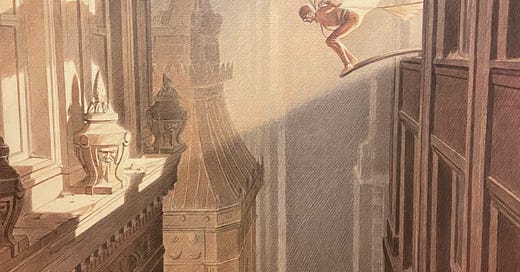



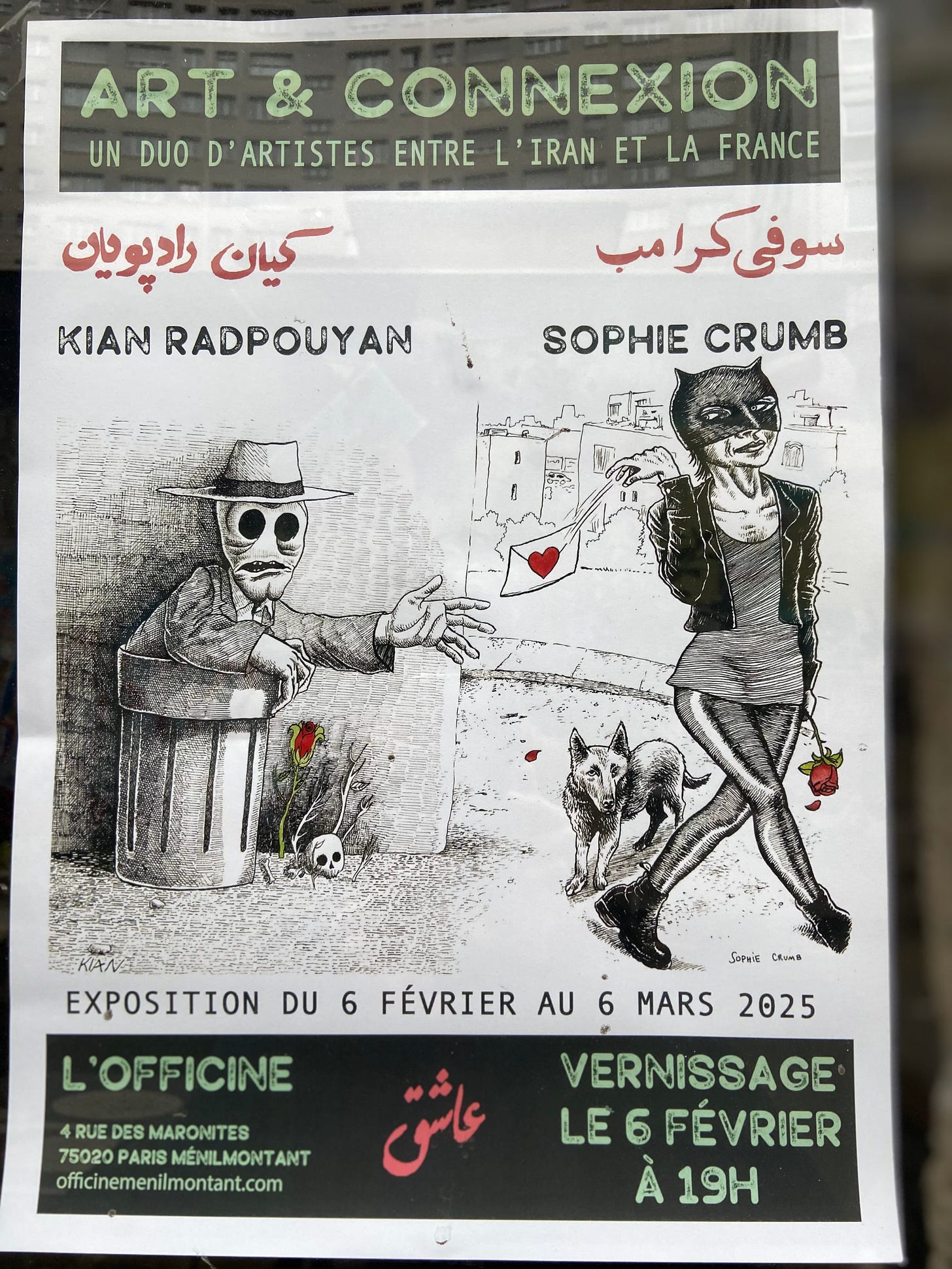
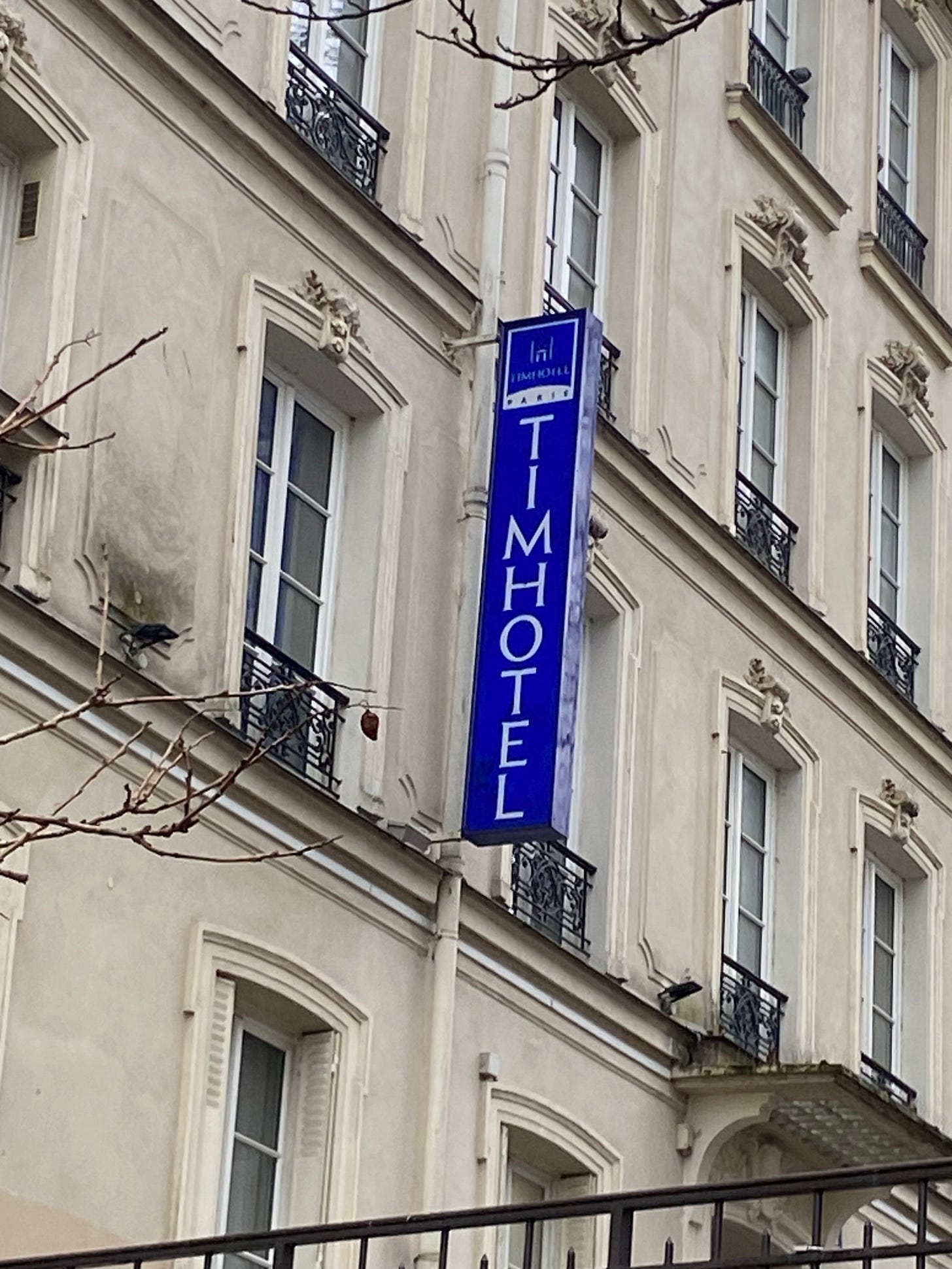
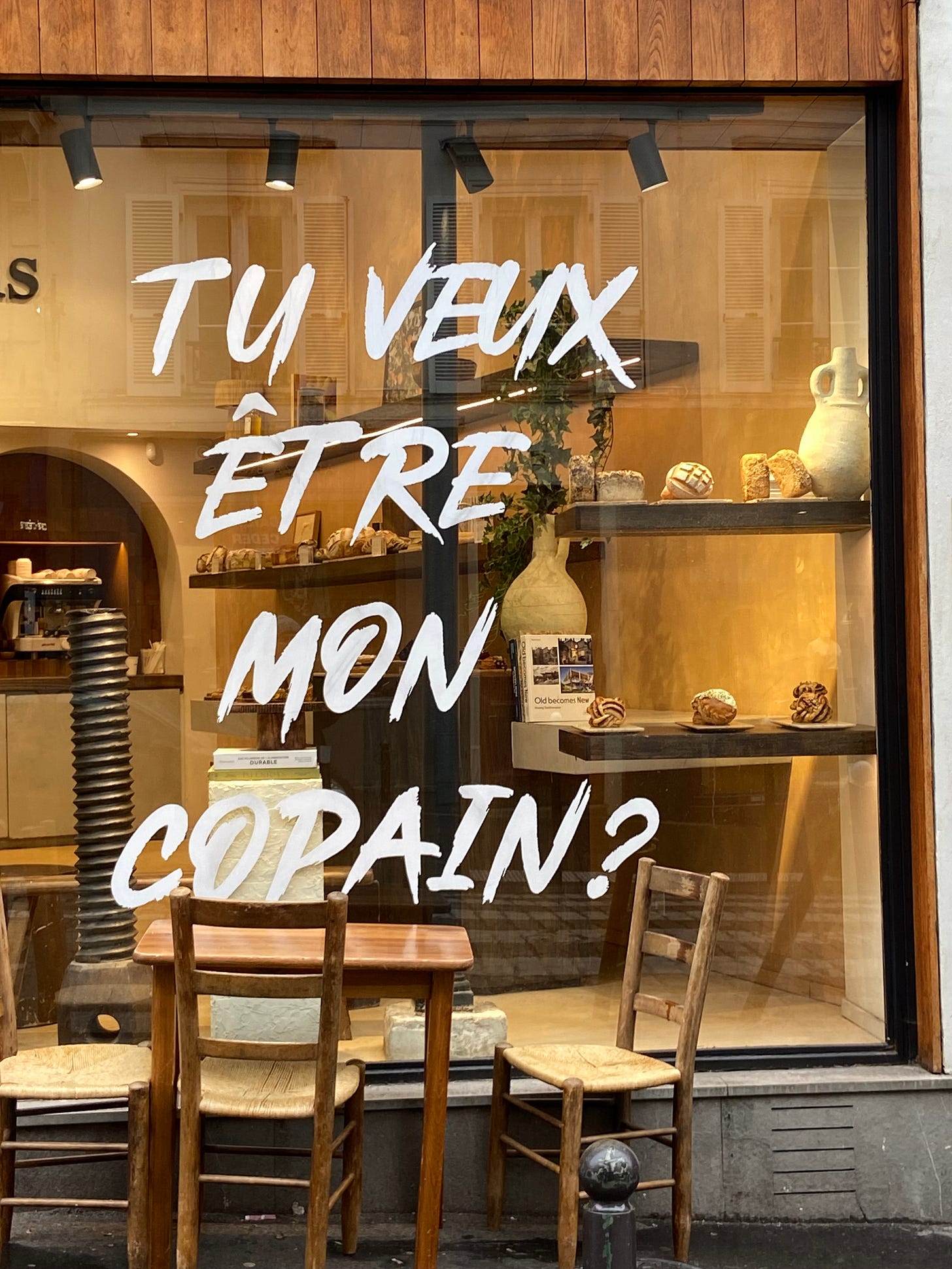
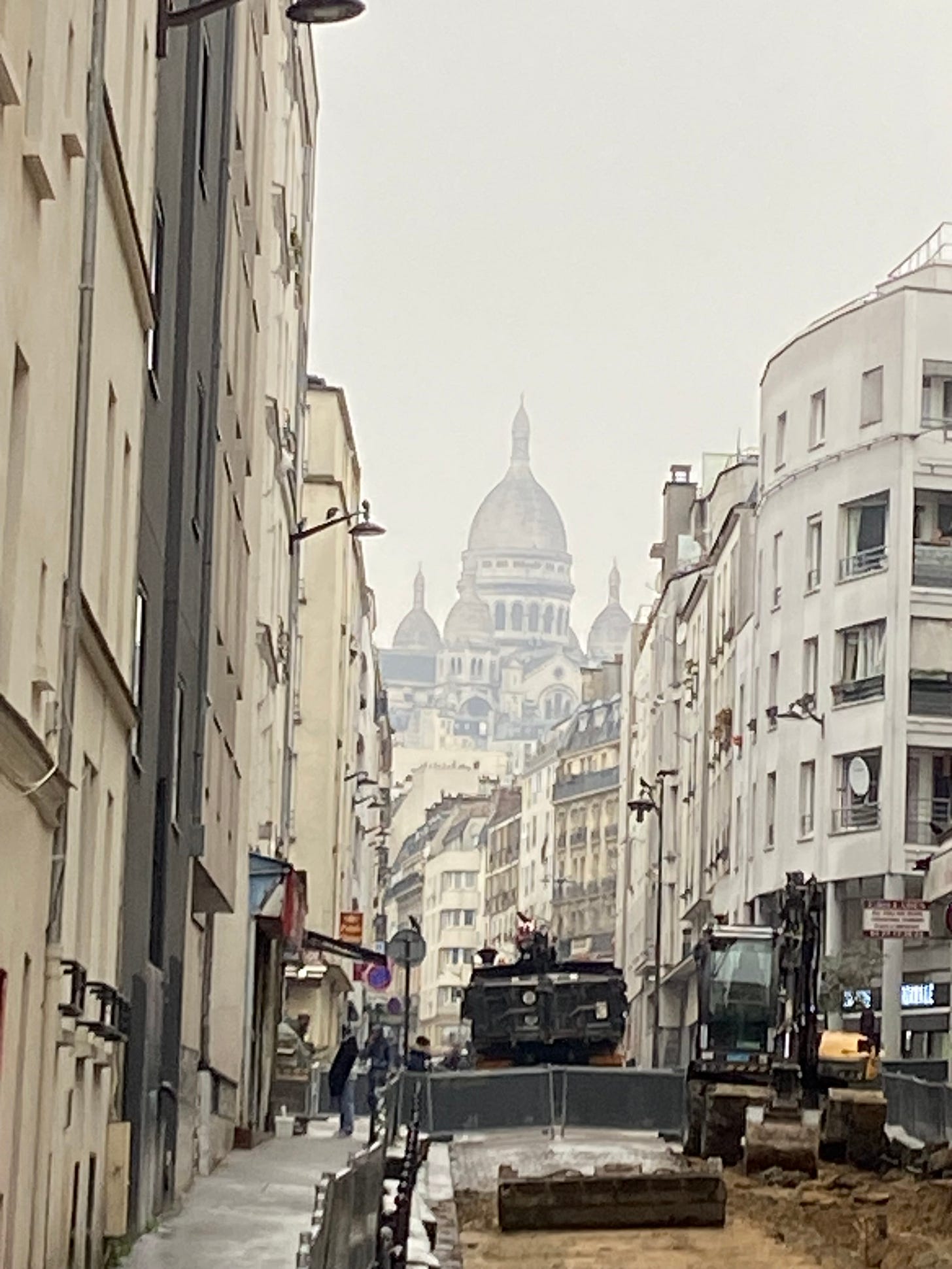
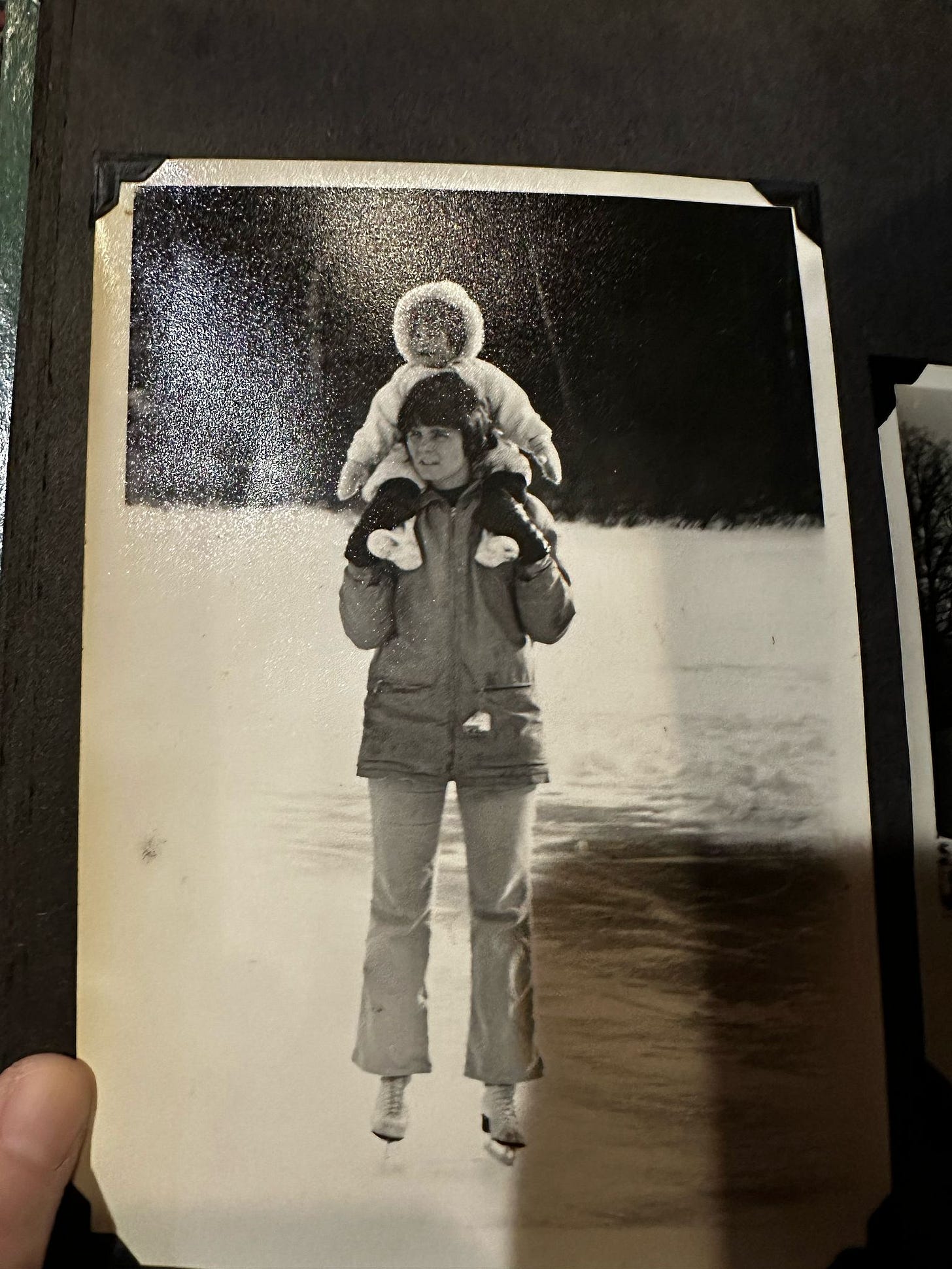
Dear Jennifer I loved your piece about Paris and have been following your passages through this rough terrain you have encountered in life. You are brave and the writing is beautiful. I wanted to mention, though of course you have probably been there, that the extremely mother-centered, feminine centered church at St Maries De La Mer moved me a great deal when we visited it while staying in Sauve. All of the images, almost, and icons, are of women deities, or saints, traces of other sacred beliefs. The Black Madonna in the lower level, worshipped with no Jesus in sight-- the whole is an architecture and a history that speaks to an older sacredness. There was an attempt to smudge it out by Christianity, but somehow, in this almost secret place, winning. I found it unique among Western churches, spiritually profound.
Love this, Jennifer. We only met once many years ago (at Words & Music in NOLA) but I feel as if I know you from reading your books & your Liminal essays.
I’m 83 now, my daughter is 43, my granddaughter is 17. Not sure I have another book in me; I love my writing group with Elizabeth Stark in Berkeley but getting my mss through the publishing process seems too much of an ordeal at this point in my life.